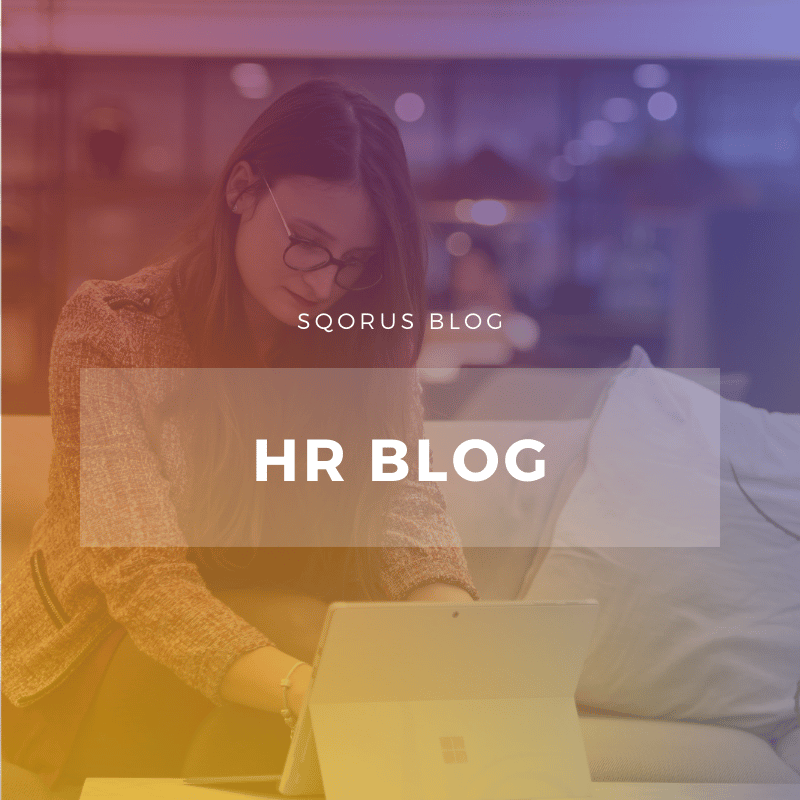What are the new technological tools available to HRDs?
Work methods are undergoing profound changes under the pressure of the rising generations, which are highly connected. Thus, new technological tools for HRDs are emerging. Big Data, cloud computing, mobile applications, social networks and artificial intelligence are becoming more and more important in companies. These tools offer many advantages to improve the company’s HR processes.
HR Strategy

Big Data for recruitment optimization
Some companies are facing increasing difficulties in the context of forward-looking job management. The human resources department must identify passive candidates who are likely to join the company. To leverage Big Data, HR departments have analytical tools and talent acquisition software at their disposal, allowing them to quickly identify professionals through information and achievements shared on the web. In addition, during a traditional recruitment process, these new technologies facilitate the decision making process by providing a study of each application received.
The transition from a fixed HRIS to a flexible HRIS
There are many technological tools available to HRDs. Today, HRDs have moved from tools hosted on their servers (on the company network), to on-demand tools in SaaS mode. The latter term refers to the storage and access of data via the Internet rather than via a computer’s hard drive. As a result, implementation is extremely simplified and ERPs have given way to highly specialized and user-friendly software packages that cover one or more modules of the human resources function. With these on-demand tools, the company only buys what it needs and therefore only pays for the features it will use. The respect of personal data must be in place and the IT tools used must be in line with the legislation and in particular the RGPD.
Social networks, vectors of organizational evolution
The versions adapted for corporate use become a real tool for human resources management. These social networks, sometimes open to the companies’ partners, facilitate the instant circulation of information.
They allow HRDs to:
- create and involve project communities that become references, especially for evaluations
- obtain more relevant information about the performance of employees
- to manage competencies effectively
- redefine the role of middle management, taking advantage of the new knowledge mastered by the new generations.
Also read on the topic of digital transformation of finance functions:
- What is the role of the finance department today?
- 5 obstacles to the digital transformation of finance functions
- The finance function, an actor of change in the digital transformation of the company
- Predictive analytics to unlock value and detect growth opportunities
- Better managing talent to overcome the obstacles to digital transformation in the finance function
- Improve financial processes with automation and RPA
- Provide users with real-time data with data visualization
- Advanced financial analysis to improve decision support
- Identify the business processes in the finance function that would benefit most from digitization
- Security at the heart of the company’s financial transformation
- From a Finance IS to a Finance Data System
DOWNLOAD THE WHITE PAPER
“HOW TO IMPROVE THE PERFORMANCE OF YOUR HR PROCESSES
